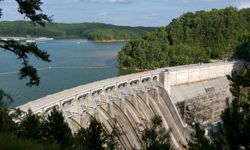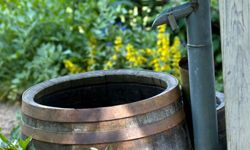If you're getting tired of shouting at your kids every evening because they forget to turn the water off while they brush their teeth, we can recommend some interactive Web sites that will help you make your point without raising your voice. The key is to make the topic of water conservation interesting (and important) to younger kids without letting the discussion get too complicated.
For younger kids -- If your younger children are having trouble learning that water waste is bad news, the U.S. Environmental Protection Agency's kid friendly "Know Your Water Wasters" game can help. It's an interactive arcade-style game and quiz combo that pits Flo, the friendly water drop, against monsters like Drainiac and Sogosauras. Your youngsters will enjoy the fun and learn something while they play. Give it a try: Test Your Water Sense.
For tweens -- The Water Family is another interactive game that uses a self-directed format to help kids identify important potential water wasters in a virtual home and garden. This one is great for tweens (plus or minus a year or two). After visiting this site, don't be surprised if your daughter suggests you start taking more showers instead of water intensive (but relaxing) baths. Just a heads up.
For teens -- The Water Education Foundation has put together the Water Cycle, a fact sheet that explains how and why water is important in language tweens and young teenagers can easily understand. It's all text and graphics, but the information is interesting and easy to grasp.
For teens and adults -- Designed for older children, the H20 House water saver home is a virtual home tour designed with water conservation in mind. Select a room and then click on an appliance or fixture to discover how to conserve water when using it. This is a great site for term paper research or for parents looking for fast facts to share.


